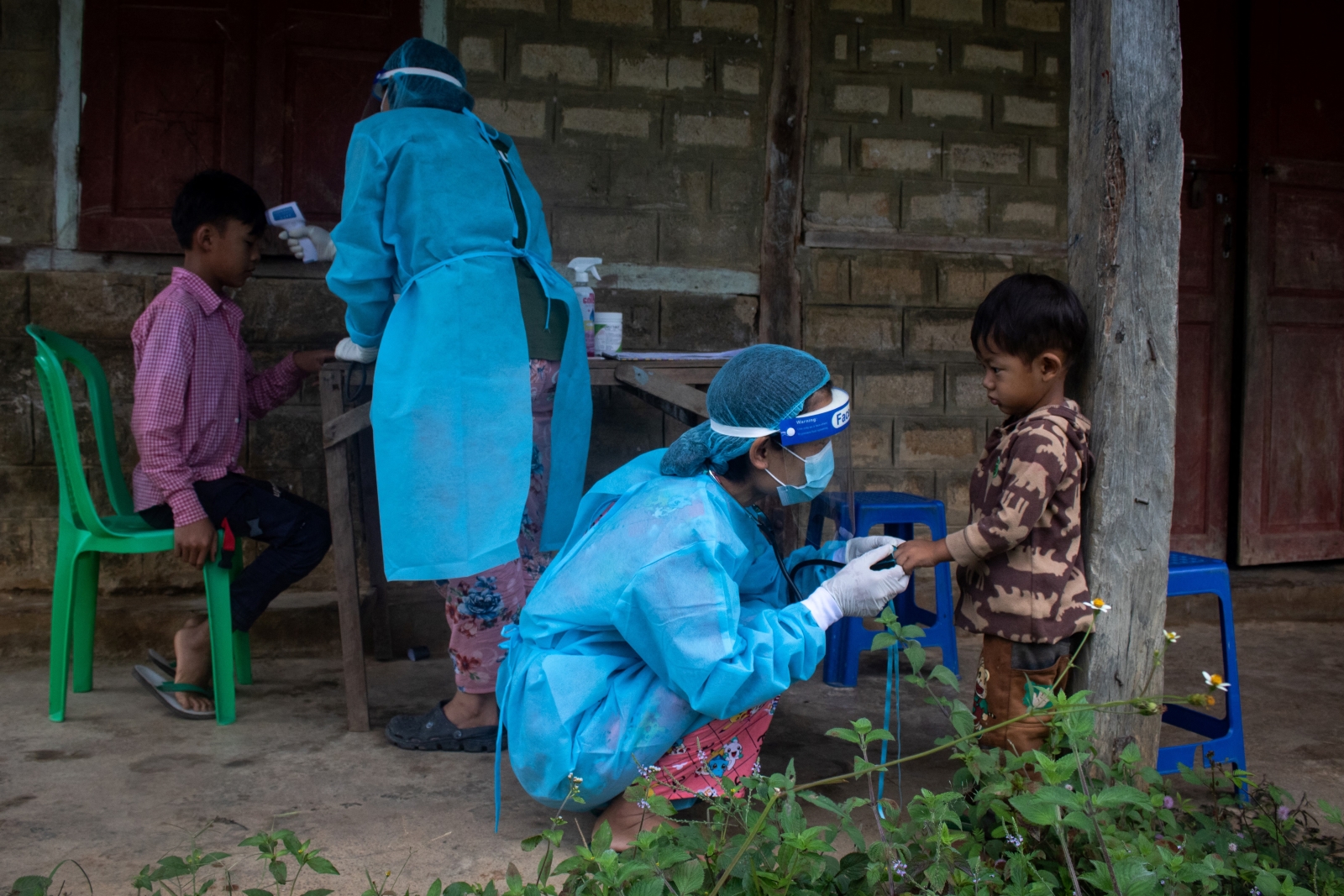The government has accused the United Nations special rapporteur on human rights in Myanmar of distorting the truth.
The accusation was in response to a written statement issued by Ms Yanghee Lee in Yangon on August 7 at the end of her third visit as special rapporteur.
The government was “pleased” that Ms Lee had listened to diverse views and opinions during her visit, the Ministry of Foreign Affairs said in an August 12 statement.
“Myanmar, however, encourages the Special Rapporteur to further diversify and enrich her sources of information since her end of mission statement contained a wide range of allegations and speculations rather than truth and facts,” it said.
The ministry, which did not identify any of the “allegations and speculations”, said it hoped the special rapporteur would produce a balanced report in future, “refraining from selectivity and partiality, and for better promotion and protection of human rights of all citizens of Myanmar.”
Support more independent journalism like this. Sign up to be a Frontier member.
The 10-point ministry statement responded to a call by Ms Lee for an immediate end to continued arrests and convictions of students, political activists, union leaders, farmers and others for exercising their rights to freedom of expression, assembly and association.
“No one is arrested or charged simply for exercising their rights peacefully,” the ministry said.
“One of the most significant progresses that Myanmar has made in its new era is in the freedom of expression, freedom of peaceful assembly and of association,” it said.
The government also took exception to concerns raised by Ms Lee over the November 8 election, including the disenfranchisement of hundreds of thousands of people who had been able to vote in previous elections and which had particularly a ected the Muslim community in Rakhine State.
“The rights of participation in political process of a country such as voting in elections is the rights of its citizens,” the ministry said.
“There is no restriction for those who wish to become citizens to apply [for] citizenship in accordance with the 1982 Myan- mar Citizenship Law,” it said.
The ministry dismissed Ms Lee’s regret that her request for a 10-day visit was declined.
It said the invitation for Ms Lee to visit from August 3 to 7 was made in “the spirit of cooperation and in good faith” that the government had shown all special rapporteurs on human rights.
“The duration and the places were balanced with the security concerned (sic) expressed on her part,” it said.
“In addition, the disagreement expressed by the people of Myanmar after her second visit to Myanmar in January 2015 was also taken into account.”
The ministry said Myanmar continues to reject the use of “Rohingya” because its people do not recognise “that invented ter- minology”.
Ms Lee’s 3,450-word August 7 statement did not contain the word “Rohingya”.






